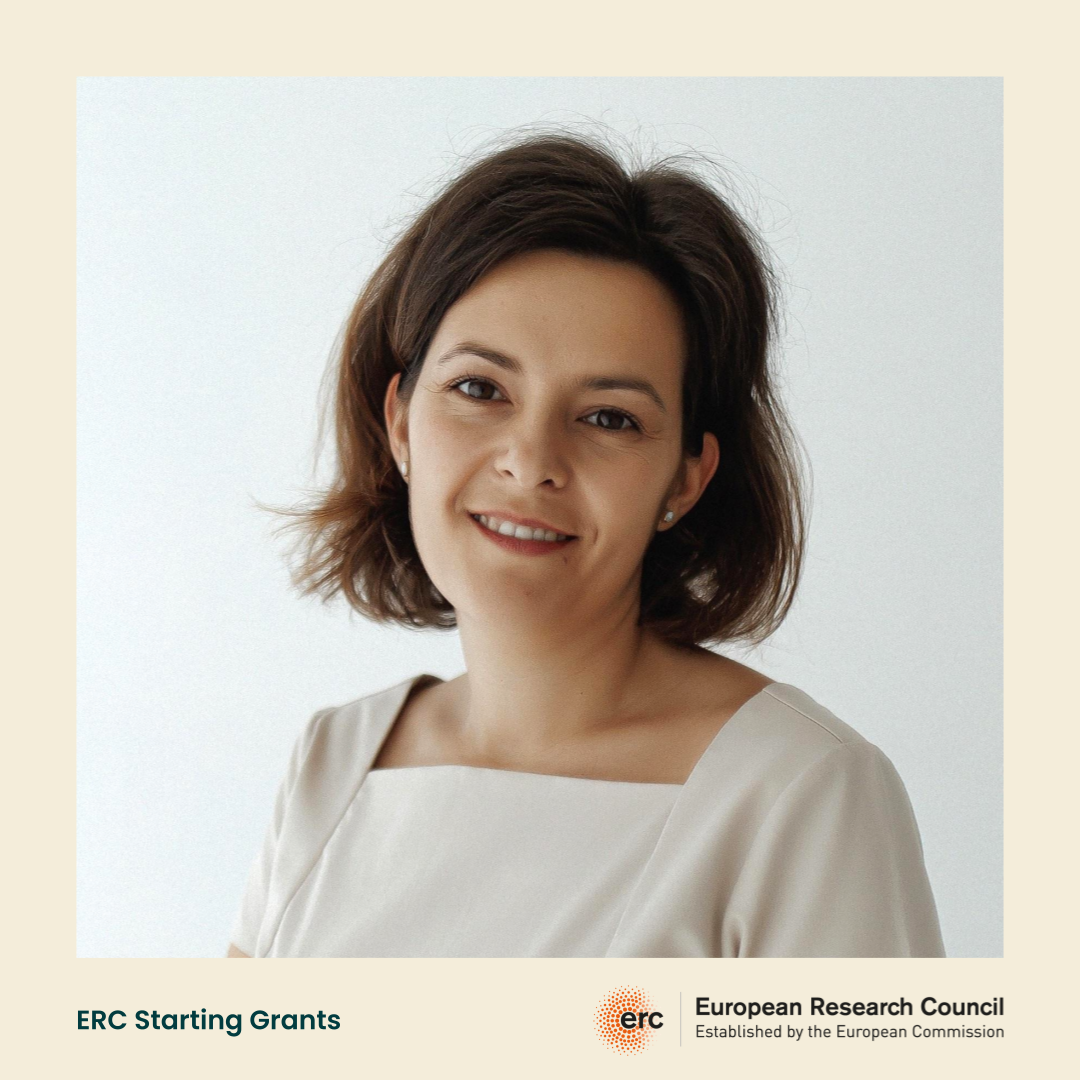The ERC Starting Grant is one of Europe’s most prestigious and competitive research awards, designed to support promising early-career researchers who have the potential to become leaders in their fields. Ianuş will receive €2M over the next five years to develop her research project at King’s College London, where she recently joined as a Lecturer in Healthcare Engineering.
Ianuş’s project aims to advance ultra-high definition Magnetic Resonance Imaging (MRI) to detect tiny, early-stage cancer metastases in the liver that are currently undetectable with existing imaging technology. This breakthrough could lead to earlier diagnoses, more effective treatments, and ultimately, improved survival rates for cancer patients.
Cancer metastases, especially those in the liver, continue to pose a major challenge in oncology. Building on her previous research in quantitative MRI, Ianuş will develop innovative image processing tools and mathematical models to enhance the image resolution and understand how MRI signals correlate with changes in liver tissue at the microscopic scale.
The project, named MicroMetSCAN, will combine cutting-edge approaches in MRI acquisition and analysis to characterise how biological processes underlying metastasis are reflected in MRI images. By studying the earliest stages of liver metastasis, MicroMetSCAN will provide crucial insights into tumour growth patterns and the accompanying changes in tissue structures.
This knowledge will then be applied to create new MRI methodologies for clinical use, enhancing image clarity to detect even the smallest liver metastases. Ultimately, these advances could reduce cancer-related mortality and improve patients' quality of life worldwide. “This ERC funding will allow us to significantly advance the state-of-the-art in liver MRI, enabling the early detection and characterisation of micrometastases and related tissue changes that are currently invisible with today’s imaging techniques”, said Ianuş.
Ianuş earned her BSc in Physics from Jacobs University Bremen and her PhD in Medical and Biomedical Imaging from University College London (UCL). She then held postdoctoral positions at UCL and CF, where she received several prestigious fellowships, including the Marie Skłodowska-Curie and La Caixa Junior Leader fellowships. Her work has significantly advanced quantitative MRI for mapping tissue microstructure, with applications in brain and cancer imaging.
For 2024, the ERC Scientific Council earmarked a budget of €780 million to support 494 Starting Grants spanning various research fields, including the Life Sciences, attracting 3,474 applications. In the area of Life Sciences, 146 proposals were selected for funding out of 992 submitted proposals.
The ERC Starting Grants aim to empower outstanding Principal Investigators who are embarking on establishing their independent research teams or programmes. To be deemed competitive for the Starting Grant, a Principal Investigator must not only present an innovative, ambitious, and viable scientific proposal but also exhibit signs of research autonomy and maturity (e.g. authoring a significant publication either as the primary contributor or without the involvement of their PhD mentor).
Text by Hedi Young, Editor and Science Writer of the Champalimaud Foundation's Communication, Events & Outreach Team.

